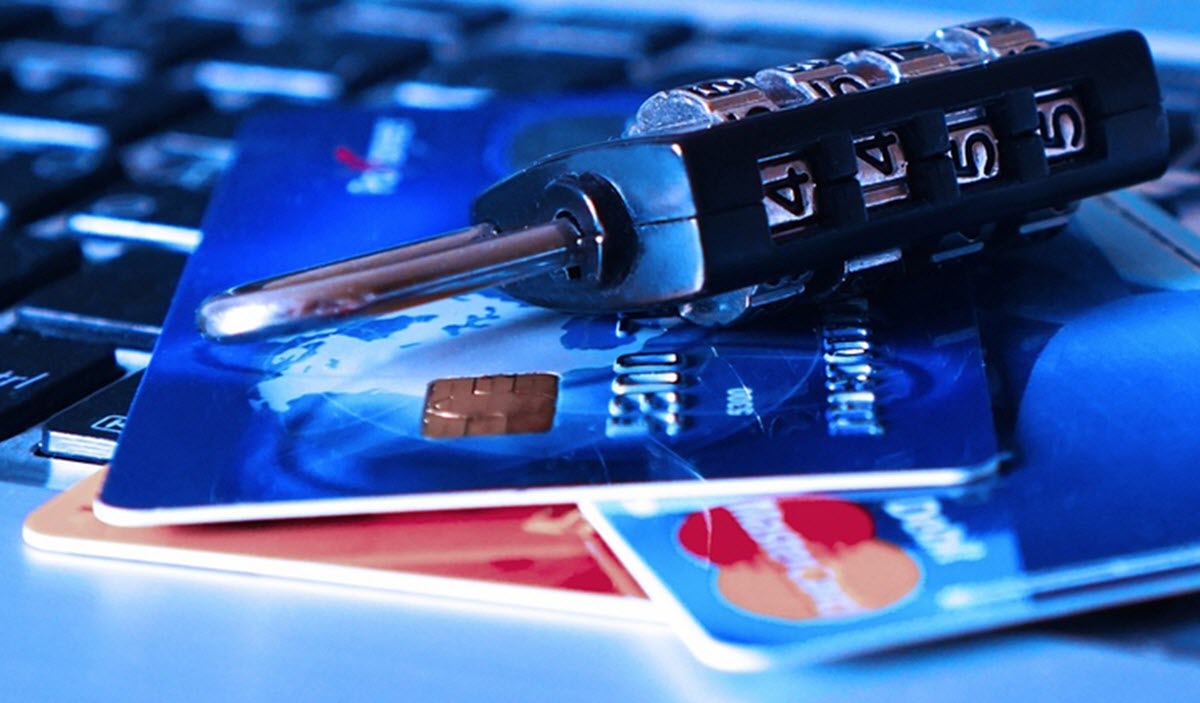The charitable donation scam
Fraudsters do not shy away from exploiting your good heart – quite the contrary. When a tragedy has gotten a lot of publicity, either internationally or more locally, it is not unusual for fraudsters to take advantage by launching a donation scam effort.
The scam is very easy to carry out. The fraudsters will call up people and ask them to donate to the a charitable organization aiding the victims. There are two version of the scam.
Version 1: The fraudster is satisfied with simply pocketing the money that people donate. Usually, people will never even understand that they have been scammed.
Version 2: The fraudster is a bit more greedy, and will make sure they get enough credit card details out of you to make fraudulent charges – more than you agreed to donate. With this version of the scam, the victims are more likely to notice that something is wrong and take action.

How to reduce risk
If you want to donate to a worthy cause, do not do it because some cold calls you, texts you or reach out to you on social media. It is much better that you do your own research and select an organization that you trust. Then, contact them and ask for information about how to safely do a donation.
In the United States, you can find charities by using the IRS tax-exempt organization search. Many other countries have similar registries.
The wi-fi hot spot scam
Using a public wi-fi hot spot is convenient, but comes with risk. They are usually fairly easy to hack into, and there are also fraudsters who set up their own hot spots to lure in unsuspecting prey.
Fraudsters can see sensitive data that you are sending over the network and use it for their fraudulent purposes. In some cases, the hot-spot will even require prospective users to enter their credit card information to get access.
How to reduce risk
- Avoid using public wi-fi hot spots.
- If you need to use a public wi-fi hot spot, try to find one provided by a reputable entity, and where you have to ask for log in information, e.g. a restaurant that you trust and where you have to ask the staff for log-in credentials.
- Do not send sensitive information over public wi-fi.
- Do not give out your credit card information to get access to a public wi-fi hot spot.
- Use a high-quality anti virus program on your device.
- Learn how to use VPN to reduce risk when on a public Wi-Fi.
The overcharge scam
You get a call or text telling your that your credit card was overcharged during a recent purchase. You must now follow the instructions to get your money back.
Sounds good, right? If you have been overcharged, you definitely want that $$$ back.
The problem is, it is a scam, and the fraudster is just looking to get credit card information out of you.
Many of these fraudsters use a technique called “cold reading”, where they use what little information they do have about you to pump you for more info, essentially prompting you to fill in the blanks. They start with something vague like “during a recent transaction in your city”, hoping that you will jump in with a “oh, was it at Starbucks on Main Street two days ago”, and then the ball is rolling.
If you fall for the lie, the fraudster will ask you for a bunch of personal information – including credit card information – that is somehow necessary in order to correct the error.
How to reduce risk
When you get a call like this, simply hang up and end it. You can always reach out directly to your bank or credit card issuer to see if there has actually been any overcharge. That is much safer than trusting a stranger who reaches out for you.